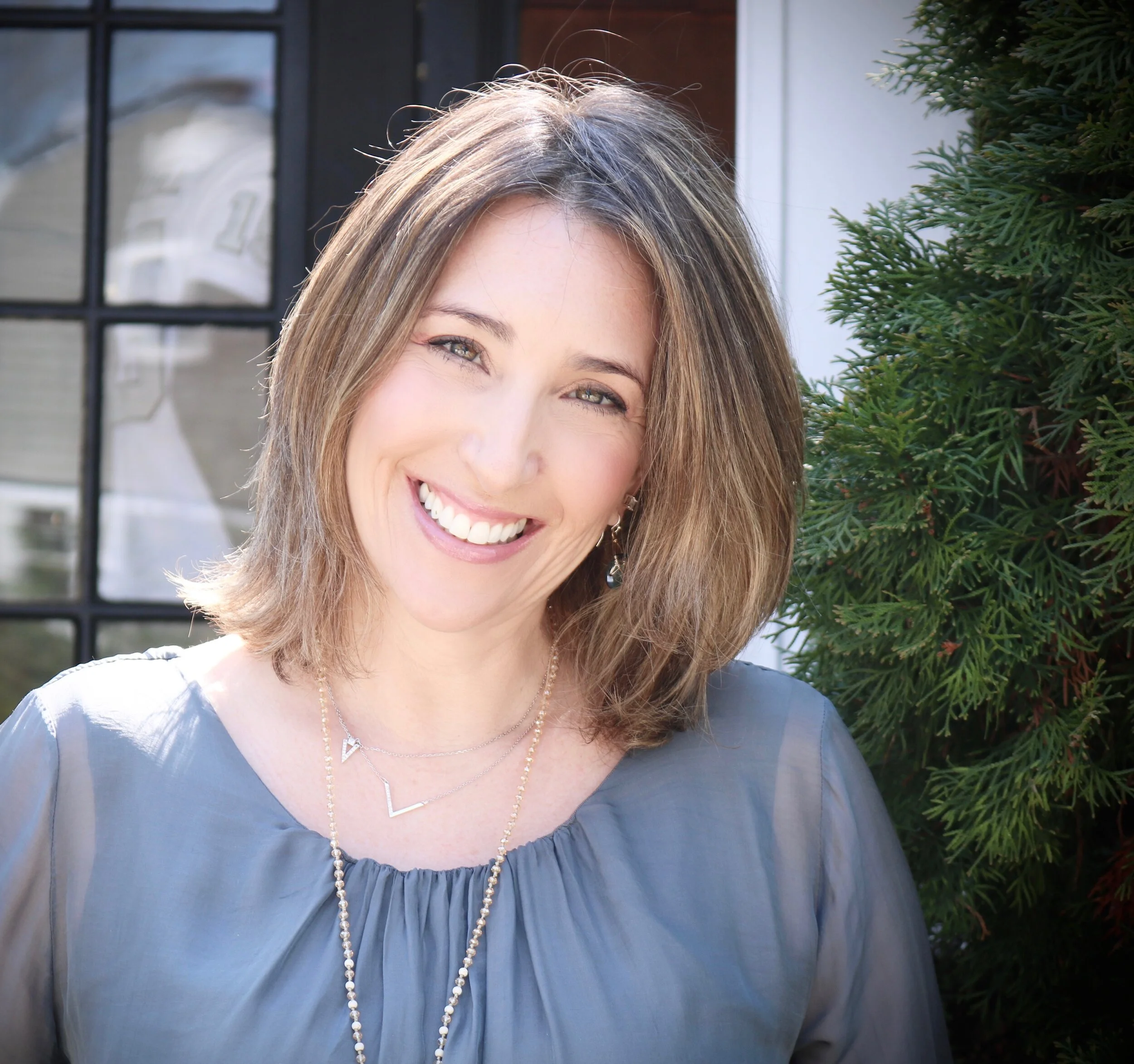On May 2nd, 2020, I celebrate 20 years of continuous sobriety. I worked hard for this, and I made a lot of mistakes along the way. But through these mistakes, I learned some vital lessons that have helped me stay sober and grow into the person I always dreamed of being.
Here are the ones that helped me the most.
1. Just when you think you've nailed it…..
More than once I've thought 'I've got this!' 'I know everything there is to know about recovery and addiction', 'I've dealt with all my issues…. I don't need to do any more work on myself'. Yep, that usually happens right before I fall flat on my arse.
2. The growth never stops...
Ever. I mean, like never, ever stops. It smoothes out a lot, and things are less bumpy. But there is always more to know and if you think you know, all there is to know, then see above.
3. We teach other people how to treat us.
My behaviour will instruct you on whether to walk all over me, abuse me or hurt me. Instead, I can teach you how to treat me, with the boundaries I protect and by saying what I mean.
4. Say what you mean, mean what you say, don't say mean
People do not need to hear me waffling on about my story, they do not need excuses, they generally just need a truthful 'yes' or a 'no.' my life became so much similar and calmer when I learned how to do this.
5. I have to take responsibility for the experience I want to have.
By practising the above, I become responsible for the experience I am having right now. If events or circumstances are out of my control, then I always get to choose my response. Therefore, I am responsible for my experience, in all circumstances, without fail.
Read More













